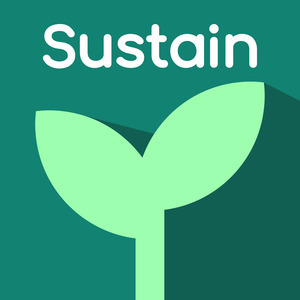James Howison examines the impact of information technology, especially software, on the organization of work. His current work focuses on the organization of scientific software production.
Prior to coming to UT Austin James undertook a post-doc at Carnegie Mellon University in the School of Computer Science. James holds a Ph.D. from the Information School at Syracuse University. His dissertation brought together the study of motivation and organization among community-based Free and Open Source software projects, developing a theory of collaboration through superposition. His publications include articles in ACM Computing Surveys, IEEE Computer, IEEE Transactions on Professional Communications, Software Process Improvement and Practice as well as Knowledge, Technology and Policy. He has presented at the International Conferences for Information Systems (ICIS) and Software Engineering (ICSE) and the Academy of Management. He was selected as a participant at the ICIS doctoral consortium in 2007 and the NSF-funded workshop on the Science of Socio-technical Systems in 2008. He has been invited to speak at O'Reilly's eTech, OSCON, FOOcamp and SciFOO conferences.
Born in Scotland, James grew up in Australia, earning his undergraduate Economics degree from the University of Sydney. He pursued masters study in Software Engineering at the University of New South Wales before transferring to the Syracuse Ph.D. in 2002. Prior to returning to graduate school James worked in information systems implementation with KPMG management consultants, on distance education with Burmese refugees in Thailand and as a consultant with Control Risks Group, an international crisis management consultancy. During his PhD he worked with Charles River Venture Capital providing research on opportunities in the open source software space.
James Howison has been a guest on 1 episode.
-
Episode 218: Karthik Ram & James Howison on Research Software Visibility Infrastructure Priorities
February 2nd, 2024 | 41 mins 24 secs
Karthik & James share 8 vital tips for long-term open-source support, covering software recognition, web analytics, and easy researcher software linking.
